Discus Competition Judging Criteria
With their natural beauty and calm demeanor, Discus are among the most sought after contenders for competitions. As hobbyists are well aware, it takes time and effort to ready the tank and choose the best Discus for their big day. However, all the preparation can fog the real question—what do judges focus on for scoring? Here is a breakdown of some of the most critical aspects of what really matters in a Discus competition.
Discus legend Peter Thode judging at a discus competition in 1989.
Eyes
Jack Wattley coined the appropriate size of the Discus eyes to be 9-9 1/2 in newer strains of Discus and 7 1/2 in wild strains. Any measurement under or over this desired range will have a negative impact on the score. Novice hobbyists should be aware that the eyes are measured vertically. Additionally, eye color is considered as it correlates with the overall color scheme of the Discus Fish. Essentially, if the eye color is true to the typical color of that particular strand, then that would be considered an advantage.
Shape
In terms of scoring, shape is important as it provides an overall consensus of the appearance of the fish. The shape should be consistent and smooth without abnormal shaping other than the flat-disc appearance.
Body
The body will be examined for appropriate roundness, thickness, and size. While there is not a single formula that determines what is considered a “good” body, essentially judges are looking for consistency in appearance.
Coloration
The vibrant colors of the Discus are largely the reason so many collectors are attracted to them. Judges consider the hue of color and consistency throughout the body.
Finage
The fins are especially important because it can be the source of abnormalities. Fins are examined for proper shape, size, symmetry and disposition to the body.
Blemishes
Of course, the more flawless the Discus is, the better in terms of scoring. Blemishes can be signs of illness or just the natural appearance of the fish.
Demeanor
The overall demeanor of the fish is taken into consideration. A friendly fish that is alert and curious will likely get a much higher score than a meek and shy fish.
Generally speaking, the above points are examined for most Discus competitions. Some judges are harsher about certain features or abnormalities. Various countries have established rules and guidelines that determine which characteristics are considered flaws and which are not. For instance, American judges consider weak chins as a flaw while Asian and some European judges do not.



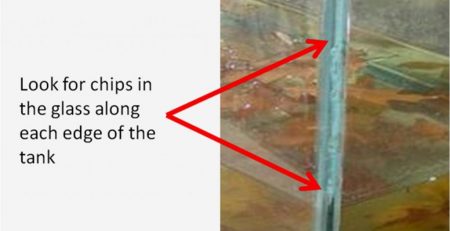
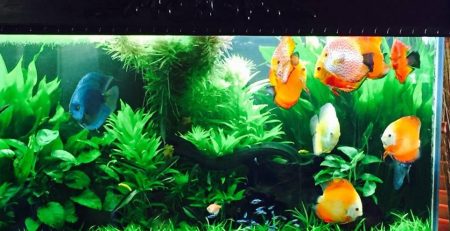
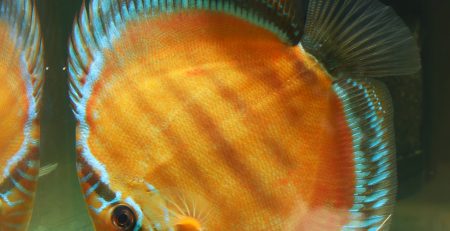
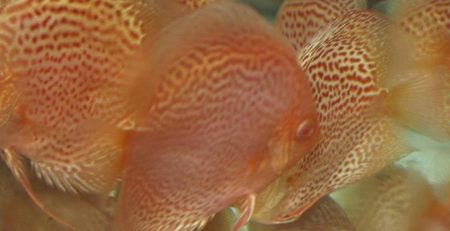
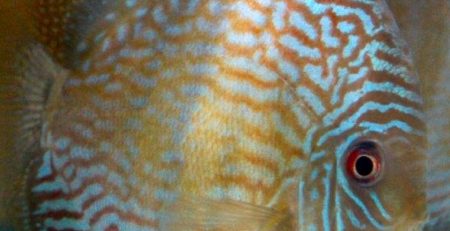
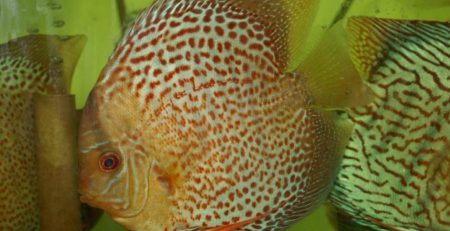
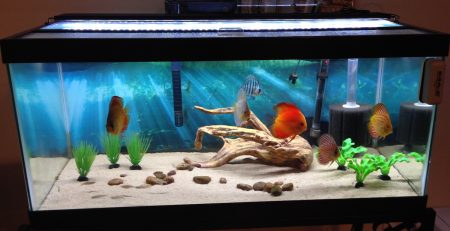
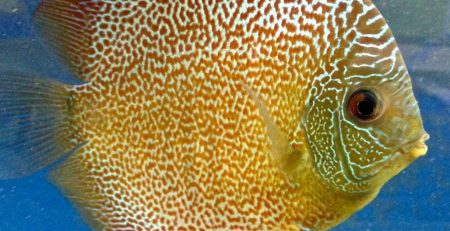
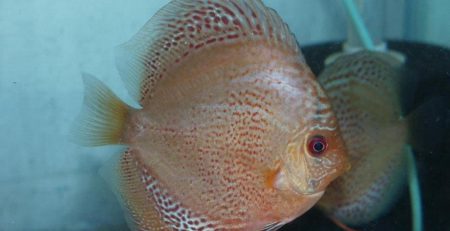
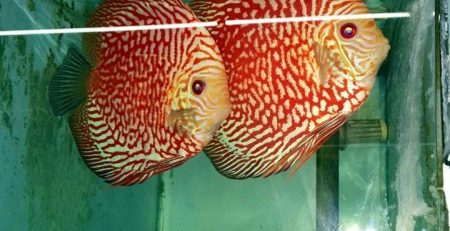
Leave a Reply
You must be logged in to post a comment.